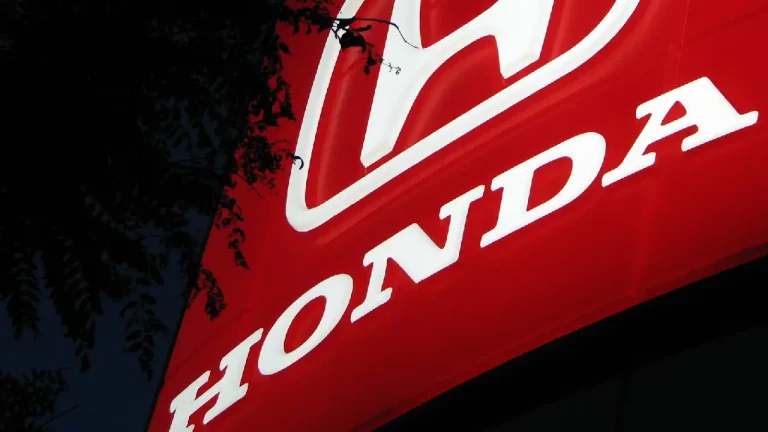18-12-2024 (TOKYO) Honda Motor and Nissan Motor are poised to enter groundbreaking merger discussions, aimed at creating a formidable alliance to compete in the rapidly evolving electric vehicle market, according to reports by the Nikkei newspaper.
The proposed merger, which would see both manufacturers operating under a unified holding company, represents one of the most significant consolidations in Japanese automotive history. Sources familiar with the matter suggest the companies are preparing to sign a memorandum of understanding to formalise these discussions.
The potential partnership could expand further, with speculation mounting about Mitsubishi Motors joining the venture. As Nissan’s primary shareholder in Mitsubishi, such a move would forge one of the globe’s largest automotive conglomerates.
Both Honda and Nissan have responded to these reports with carefully worded statements, neither confirming nor denying the specifics. The companies acknowledged they are “exploring various possibilities for future collaboration, building upon their respective strengths,” following their March announcement of a strategic partnership in electric vehicle development.
Industry analysts view this potential merger as a strategic response to mounting pressure from Chinese manufacturers, particularly BYD, which have gained significant ground in the electric vehicle sector. Japan’s traditional focus on hybrid technology has left its automotive giants playing catch-up in the pure electric vehicle market.
The timing is particularly crucial, as China recently surpassed Japan as the world’s leading vehicle exporter in 2023, largely driven by its robust electric vehicle production. This shift has prompted Japanese manufacturers to reassess their market strategy and accelerate their electric vehicle programmes.
Honda has already demonstrated its commitment to this transition, announcing plans to double its electric vehicle investment to £51 billion by 2030, while targeting complete EV sales by 2040. Similarly, Nissan has revealed ambitious plans to launch 16 electrified models within its next 30 new vehicle releases over the coming three years.
Despite the global push towards electric vehicles, market challenges persist. Consumers continue to express concerns about high purchase costs, battery range limitations, and insufficient charging infrastructure. In Japan, hybrid vehicles remain particularly popular, accounting for 40% of domestic sales in 2022.
However, Japan’s robust hybrid market has paradoxically hindered its pure electric vehicle adoption, with electric vehicles representing just 1.7% of domestic sales in 2022, significantly trailing Western Europe’s 15% and America’s 5.3%. This proposed merger could mark a turning point in Japan’s automotive strategy, potentially accelerating the nation’s transition to electric mobility while preserving its automotive industry’s global competitiveness.




